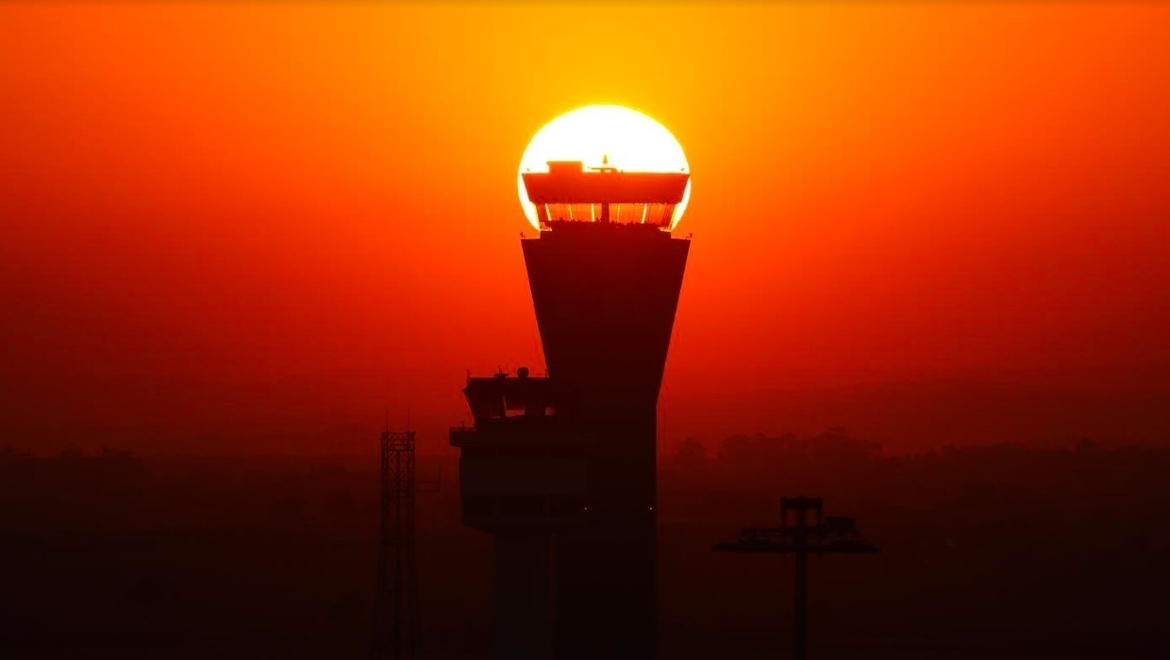
Melbourne Airport chief executive Lyell Strambi has argued Australia needs to speed up its vaccine rollout so it can open its borders – or risk being left behind other nations.
“In the short-term our splendid isolation is ultra-safe from COVID, but in the long-term it will act as a handbrake on the economy, jobs and opportunities for Australians,” he said.
Strambi made the comments after the airport revealed domestic passenger traffic in April notched up to 65 per cent – the biggest since COVID and the same as Sydney.
“While the recovery has commenced, it remains fragile,” said Strambi. “We need to be more aggressive in relation to the vaccine rollout, in order to realise the benefits of Australia’s remarkable management of COVID-19.
“It is increasingly likely that Australia will be left behind as countries around the world reopen to one another on the back of high vaccination rates.
“Demand for international travel clearly exists and we are hopeful that once we get a high proportion of our population protected by vaccines, we can start to carefully reopen to counties with similarly high rates of vaccination and low rates of infection.”
Strambi’s remarks appeared more measured than Virgin CEO Jayne Hrdlicka, who sparked a national debate last week when she suggested a vaccinated Australia should open its borders, even if it could potentially lead to some people dying.
She later said she accepted her comments were hurtful and would “choose different words” if she had her time again.
Melbourne Airport also revealed its domestic numbers in April peaked at 1,400,000 – the highest figure in the last 12 months and almost half a million more than March’s figure of 980,000.
International passengers also more than doubled, rising from 10,787 in March to 27,904 in April, thanks to Australia’s new quarantine-free travel arrangement with New Zealand.
The results put Melbourne on a par with Sydney, which saw passenger numbers hit 1,489,000.
As quarantine-free travel only began on 19 April, numbers are likely to significantly increase when the next set of data is released next month.
It comes after domestic aviation received a huge boost with the launch of the federal government’s half price ticket scheme to 15 destinations.
The initiative, which launched in early April, offered an initial 800,000 cheap fares but most are now thought to have sold out.
Last week, the Australian Airports Association (AAA) called on the government to extend the offer to more destinations, alongside releasing new research showing 70 per cent of passengers would change their plans to travel from an unsubsidised to subsidised location.
AAA’s survey of 500 people who travelled by air in the past five years also found the main reason Australians are travelling via aircraft now is to visit family and friends (48 per cent) or go on a holiday (43 per cent), with business travel accounting for just 33 per cent.
“Given the success of the program, the government should consult with the tourism and aviation sectors and consider extending the half-price tickets to other destinations, many of which missed out on the first round of the program,” said AAA chief executive James Goodwin.
“Our consumer research found that around three in four people whose savings have increased during the pandemic are planning on spending these extra funds on domestic travel, which means the demand is there.”
In April, Trade Minister Dan Tehan said more than three-quarters of the 800,000 cheap fares had now been sold.















